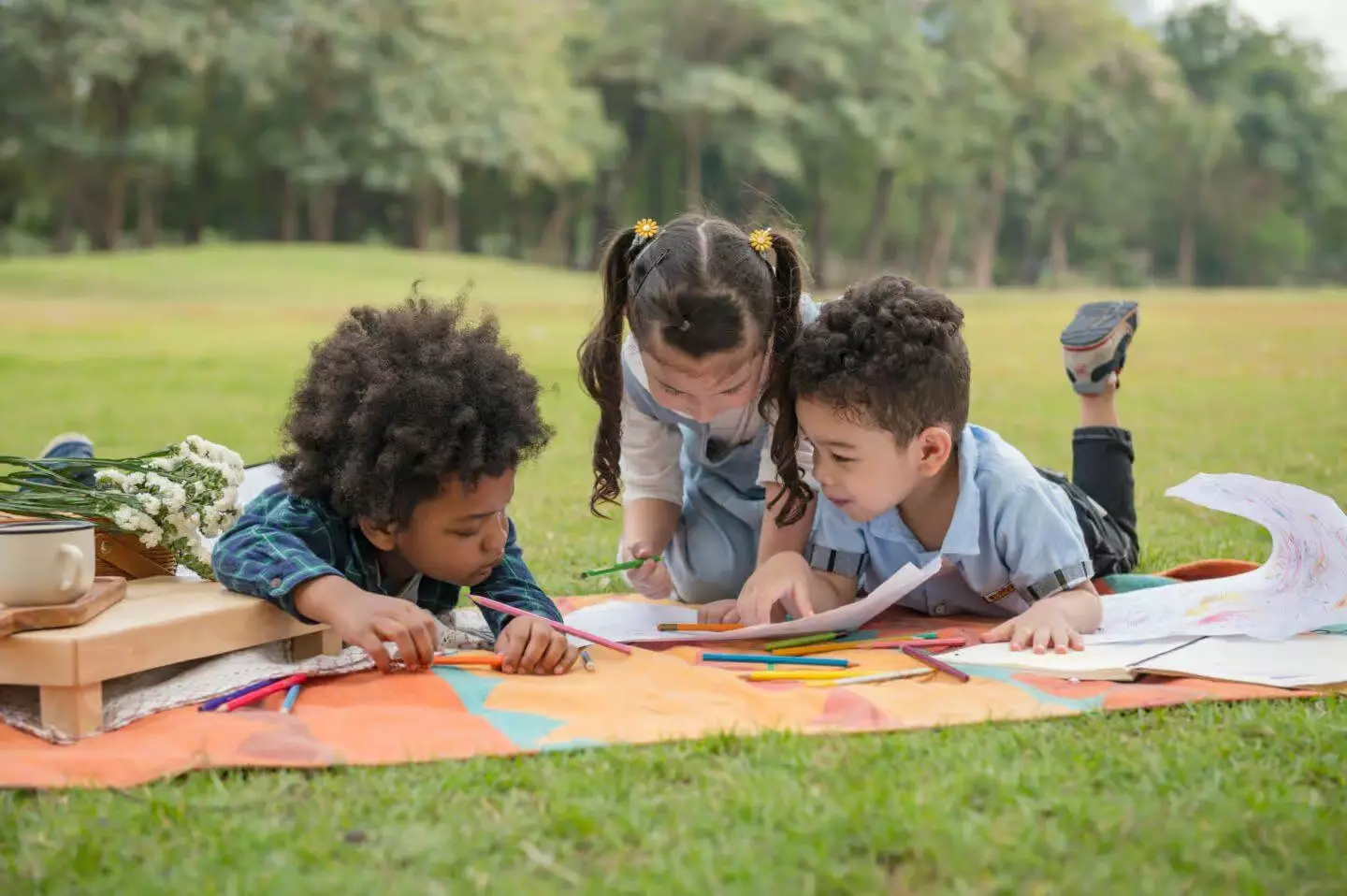Navigating friendships in childhood is an intricate dance between joy and frustration. As children grow, they’re not only developing physical skills but also honing the social abilities necessary to form meaningful connections. Parents often find themselves in a position to guide their kids through the complexities of friendship, equipping them with the tools they need to become good friends. It’s crucial to recognize that every child will face challenges in sharing and connecting with peers. These hurdles are not just typical; they are essential parts of social development. Cultivating resilience and empathy from a young age prepares children for the various interpersonal dynamics they will encounter throughout their lives.
The Power of Empathy and Communication
One paramount skill your child should acquire early on is the ability to communicate feelings and needs effectively. Empathy is the cornerstone of friendship. Teach your child to articulate their emotions, allowing them to express feelings when things aren’t going their way. For instance, instead of just reacting to a frustrating situation, help them verbalize it. Phrases like, “I feel upset because I wanted to play with that toy” can empower children to respond instead of react. Furthermore, role-playing these scenarios can prove invaluable; acting out various situations can help kids understand different perspectives and develop their emotional vocabulary.
Children often have intense emotions, and when unexpected situations arise, they may respond in ways that can be alarming to adults. Instead of dismissing these experiences, validate them. Letting a child know it’s normal to feel upset is crucial. It’s not just about solving the problem but recognizing the emotional landscape your child is traversing. It’s essential for them to learn how to cope with disappointment constructively.
Setting the Stage for Successful Playdates
The environment in which children engage socially can significantly influence their interactions. Selecting the right time and place can set your child up for a successful playdate. Opting for moments of the day that are generally calm—steering clear of those adjacent to naptime or meals—can make all the difference. Distractions and fatigue are common pitfalls that can lead to emotional flare-ups.
Additionally, consider meeting at a neutral space. For some children, being at home can add pressure to share toys and be on their best behavior. Parks or museums offer engaging activities that can lead to easier, more natural interactions. This setting not only alleviates stress but also provides a safety net for sharing because the focus shifts from toys to exploration and play.
Discussing boundaries and sharing beforehand can also alleviate anxiety. Set aside special toys that might cause tension and explain to your child why they won’t be available during playdates. This kind of proactive approach teaches children not only about sharing but also about managing the emotional fallout if a favorite toy is not on the table.
Encouraging Structured Activities
Children thrive on structure, and incorporating it into playdates can be a beneficial strategy. Planning specific games or activities can guide kids in navigating their social interactions more smoothly. Activities like collaborative arts and crafts or cooperative games instill a sense of teamwork and shared purpose. By encouraging cooperative play, children can foster bonds while also learning to negotiate, take turns, and celebrate each other’s successes.
Structured activities can also be a fantastic tool for those who struggle to initiate play. Providing a framework for interaction minimizes awkward moments and builds confidence. Start with something simple that requires teamwork and is age-appropriate, such as scavenger hunts or relay races. This not only keeps the children engaged but also helps develop crucial problem-solving skills.
Teaching Conflict Resolution and Boundaries
Conflict is an inherent part of any relationship, and teaching children how to navigate disagreements respectfully is one of the most vital lessons a parent can provide. Establishing a simple yet effective framework for conflict resolution can empower children to set and communicate boundaries kindly. Children should practice words like, “I don’t like it when you do that,” encouraging them to establish personal safety in social spaces without fear.
Sometimes, children may need a moment of solitude to recalibrate. Discussing and normalizing this need helps them understand that it’s perfectly fine to step back when overwhelmed. This practice doesn’t only prioritize their emotional well-being but lends itself to establishing healthier, more respectful friendships in the long run.
As children forge their path in the realm of relationships, the foundational lessons learned in friendship play a significant role in shaping their futures. The art of friendship is more than just playdates; it is a vital component of social and emotional learning that requires patience, guidance, and understanding from parents.

